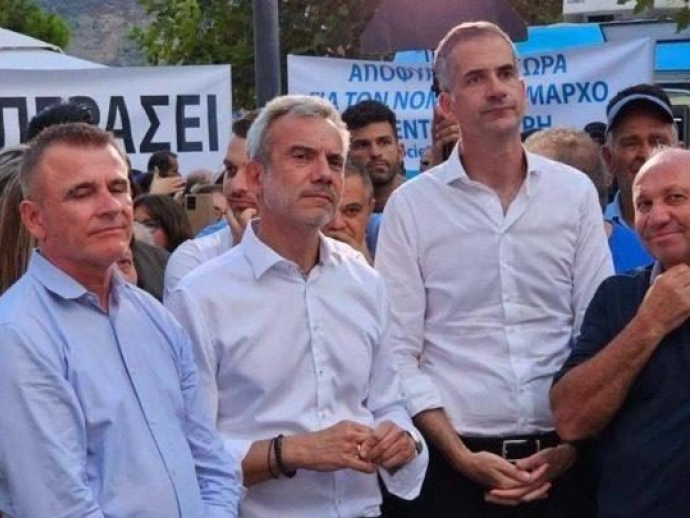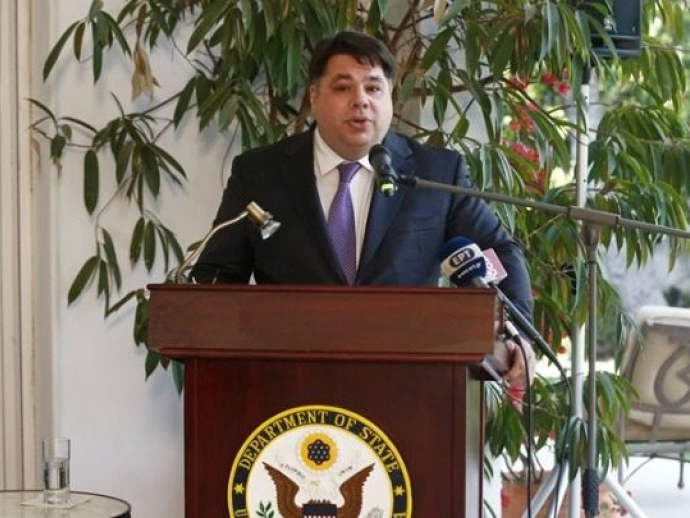Campaign for Greek election begins with dissolved Parliament
Hellenic Prime Minister Kyriakos Mitsotakis met with President Katerina Sakellaropoulou to propose the dissolution and she accepted it, as obliged by the Constitution of Greece. Mitsotakis said that with less than three months before lawmakers’ 4-year terms were due to end, next month’s voting does not count as an early election.
Shortly after his meeting with the president, Mitsotakis gave a televised address in which he defended his government’s record. He listed its achievements as well as the challenges ahead, and sought to make the case for a stable government going forward.
However, the prime minister’s center-right New Democracy will be hard-pressed to continue leading Greece in another single-party government. Next month’s legislative election will be the country’s first under a proportional representation system, and polls show that none of the leading parties is expected to receive a majority of votes.
The prospects of New Democracy, the center-left Syriza party or the Panhellenic Socialist Movement, or PASOK, teaming up in some combination to form a coalition government also is considered extremely unlikely by politicians and pundits.
In that event, another election would be held in early July. Another revision to election laws would give the winner of that vote a 30-seat bonus. Yet even the second election may not produce a majority in the 300-member Greek parliament.
Already, talk of a third election has surfaced, although officials and pundits agree that a prolonged period of uncertainty could be harmful for the economy and the overall governance of the country.
Election campaigning has been underway unofficially, only pausing for a few days as Greece marked a week of religious celebrations culminating with Orthodox Easter on April 16th.
Political parties have gone hard at each other and, as expected, especially on Mitsotakis’ government. The main opposition Syriza party has promised to form a “progressive” coalition government if it wins, but its relationship with PASOK has recently taken a turn for the worse.
PASOK, which is widely expected to remain the third largest party, would be a necessary coalition partner for both New Democracy and Syriza since Greece’s other parties are either too small or in the case of those on the extreme right, too toxic.
New Democracy’s relationship with PASOK was negatively impacted by a wiretapping scandal that seemed to have targeted party leader Nikos Androulakis, among others.
The Communist Party, the fourth-largest party in parliament, has flatly refused to join any coalition.
When he visited Sakellaropoulou on Saturday, Mitsotakis said the campaign should “stay away from toxicity and extreme attitudes.” The president also wished for a “calm and fruitful campaign for the country.”
But the rhetoric so far — Syriza has referred to the current government as a “regime” — , for one - points to a fraught brutal campaign that could extend to several months, if more than one election is required.












































































































































































































































































































































